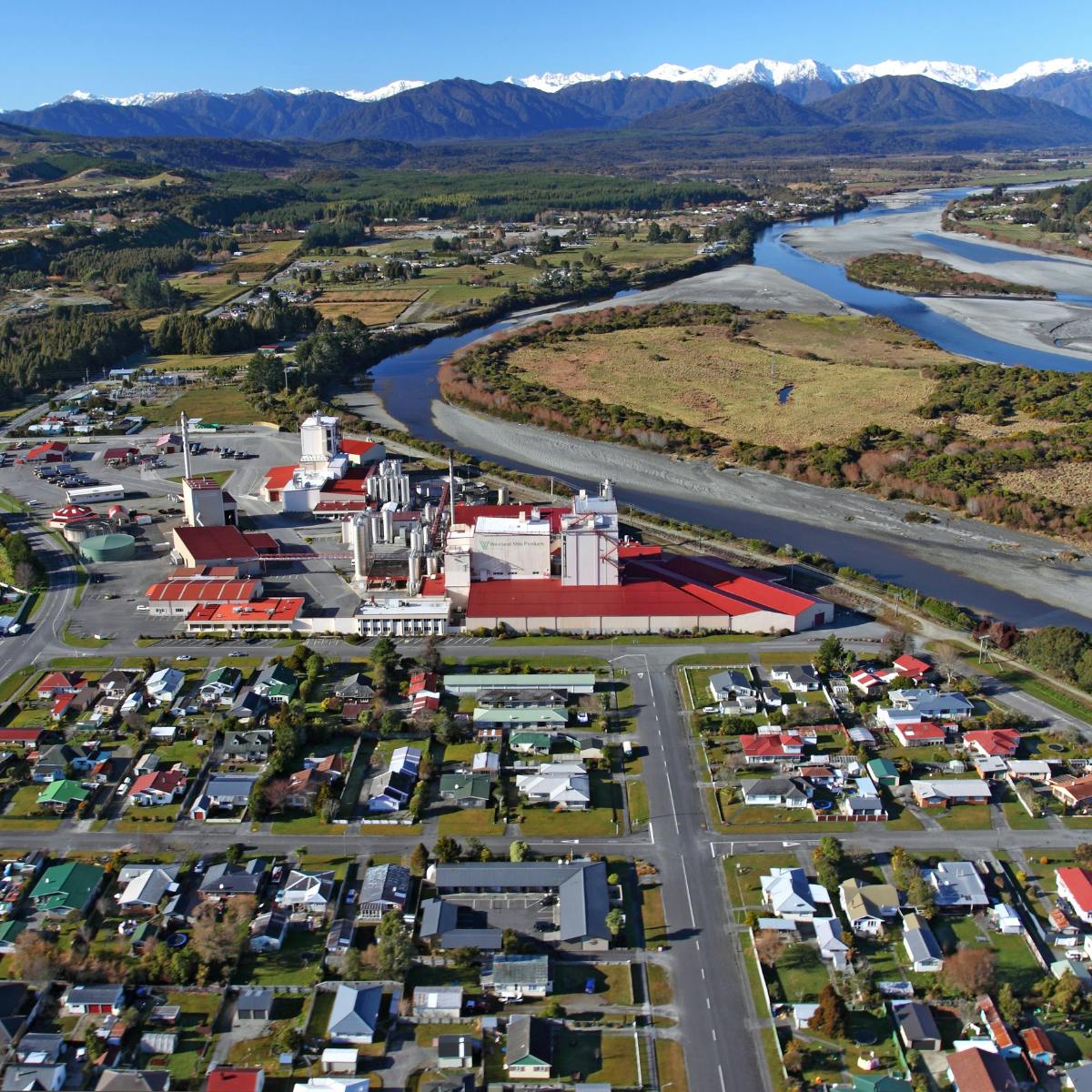Westland Milk Products is welcoming world-wide shipping services slowly returning to normal following a disruptive period, including delays and congestion, during and post the COVID pandemic.
“Global shipping reliability has improved to 60 to 70 per cent, and New Zealand service reliability is continuing to get better, sitting at around 40 to 50 per cent,” Westland General Manager of Supply Chain Kevin Wang says.
The improvements in global shipping are positive, he says, given the uncertainties of recent years which at times created a “mission impossible” situation for the country’s export sector due to huge issues with capacity, reliability and cost.
“We are definitely anticipating the trend around both improved reliability and reducing base costs to continue moving in the right direction in the year ahead.”
Kevin Wang says that a reliable and cost-effective shipping service is critical for Westland Milk Products, which exports its products to more than 40 countries including China, Australia, the United States, the Middle East and Europe.
While transport developments on the international front are positive, the supply chain in New Zealand is slower catching up with global improvements. High demand from exporters for capacity at the country’s three main ports - Auckland, Tauranga and Lyttleton – continues to put pressure on their resources, he says.
Performance at our main ports is interlinked as vessels travelling to New Zealand tend to do the round trip – unloading at Auckland and then loading at both Tauranga and Lyttelton. Issues at any of the ports impact on the others.
Westland exports 99 per cent of its exported products through Lyttelton, the dairy company’s closest deep-sea port, and one which Kevin Wang credits for doing all it can to address the demand for increased capacity. “We work closely with the Lyttelton Port Company (LPC) which from our perspective is an ideal partner.
“LPC has done some amazing work. An innovation is a reefer tower – a racking system to support our containers - which has doubled the holding capacity at the port. It has also invested in approximately 34 hectares of new land, the construction of a new 700m long wharf, and new cranes to support the forecasted growth in containerised cargo. The total cost is about $90m,” he says.
Westland, one of the country’s largest exporters of agricultural produce, prioritises making its own improvements to facilitate transport to international markets. This includes having its own warehouses near rail lines and ports to store its products before export.
“We’re working with our end-to-end supply chain to ensure we can meet the high standards expected by our customers, who are willing to pay a premium for high value products. For our customers we always look at service over cost, ensuring we manage transit times and reliability first,” Wang says.
“On top of the reliability, we are also working hard to drive efficiency and agility. One of our key measures of supply chain is our speed to market strategy. We ensure customers receive our products as quickly as we can, and this removes waste and waiting time in the supply chain. Ultimately, we want to achieve a cost and service balance and deliver a reliable and efficient supply chain.”
The company also continues to look at ways to improve how goods are handled in transit. This includes better GPS tracking, more protection of products inside the containers, and putting temperature trackers in cold chain shipments to monitor the temperature at all times.
Background
Westpro is part of the Westland Milk Products business-to-business ingredients’ brand and one of the company’s stable of brands, which includes Westgold, EasiYo and Canary.


